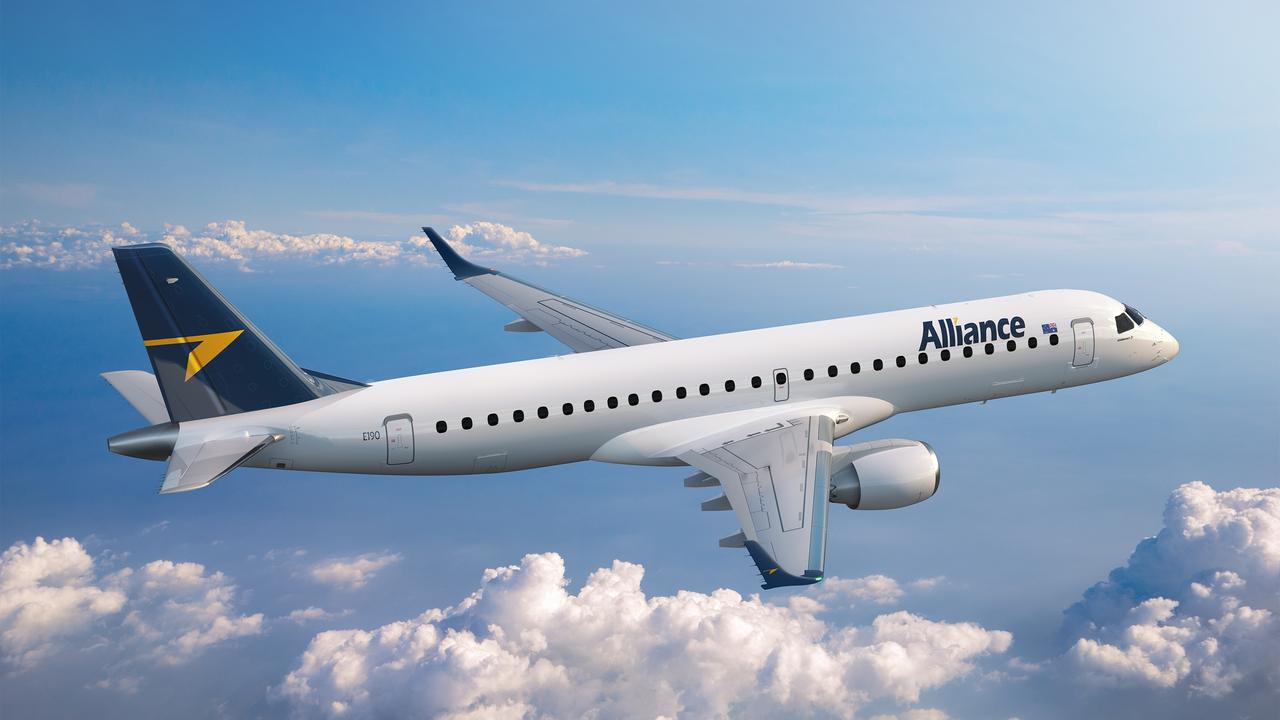China’s tourism infatuation with Australia is a long-term affair
CHINESE tourists won’t be lost to Australia in the same way the Japanese were. This is why.
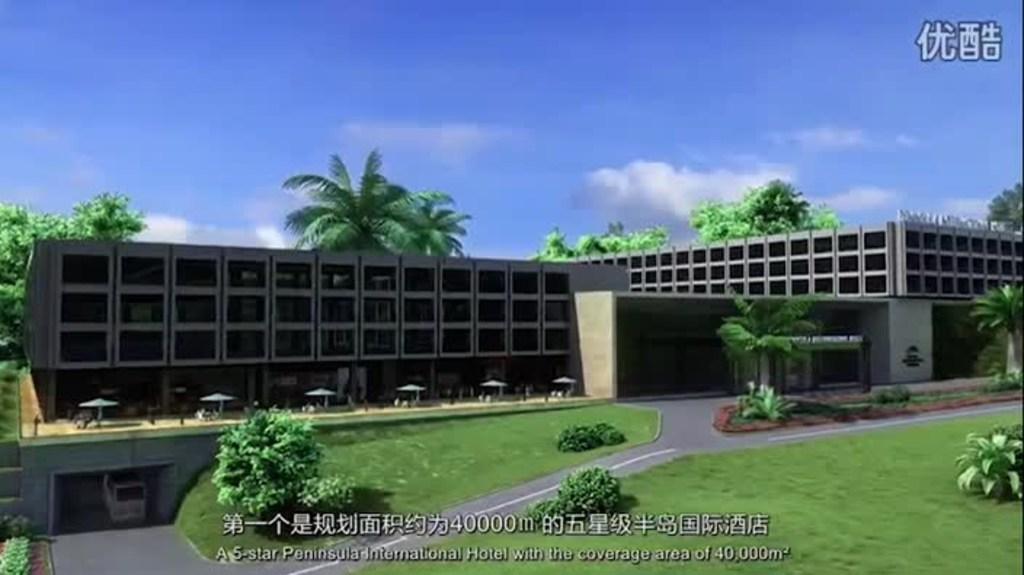
Travel
Don't miss out on the headlines from Travel. Followed categories will be added to My News.
CHINA’S love affair with Australia will not end in tears like the Japanese tourist boom did in the early 1990s.
On the eve of the launch of the China-Australia Year of Tourism, industry officials have moved to allay fears of a repeat of the Japanese experience that sent many operators to the wall.
Similar to the Chinese, Japanese visitors fell in love with our country in the early 1980s and investors followed, helping to transform Australia’s tourism economy.
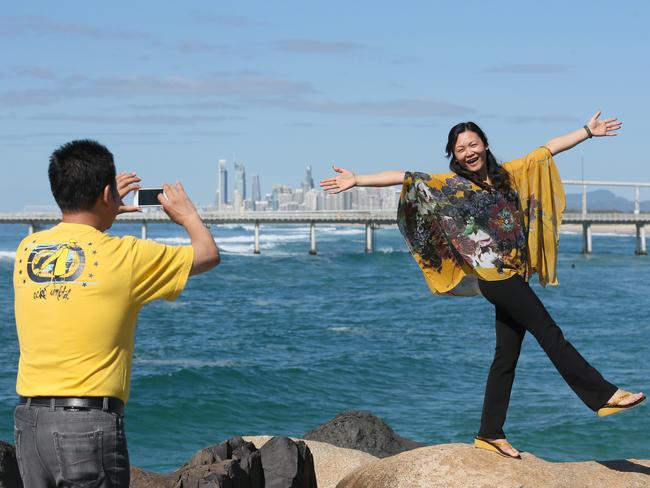
The Gold Coast, Cairns and to an extent Sydney all benefited from the Japanese invasion building the cities’ tourism bases.
But it all fell apart when tourists and more painfully investors bailed out of Australia on the back of Japan’s economic collapse in 1990-91.
In the last decade Chinese visitor numbers have exploded to more than a million annually, and investors from China are now driving Australia’s hotel revolution.
Among the Chinese acquisitions down under are Melbourne’s Park Hyatt and Ibis hotels, the Holiday Inn Sydney Airport, Sheraton on the Park, Daydream Island, Sofitel Gold Coast and Sheraton Mirage Port Douglas.
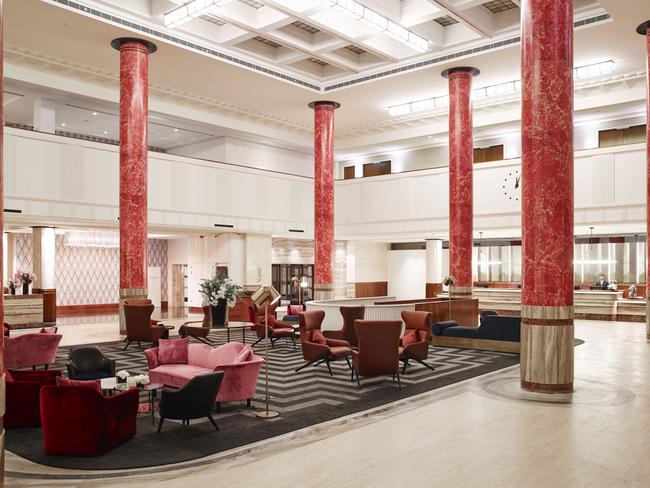
Tourism Accommodation Australia CEO Carol Giuseppi said the main difference between the Japanese and Chinese booms was timing.
“The Chinese are riding an unprecedented era of tourism growth in Australia, combined with a relatively stable local economy, low interest rates and a weaker dollar,” said Ms Giuseppi.
“Another major difference is Australia now has a large population of Chinese origin residents. That wasn’t the case with the Japanese boom in the late 1980s.”
Eight airlines now operate flights between the two countries, Ms Giuseppi said.
“In addition, Chinese investors have made many shrewd hotel purchases including mid-market suburban hotels which are benefiting from high yields,” she said.
“Our hotels have gone out of their way to develop the Chinese market and that has been recognised by Chinese investors who see Australia as a safe, positive and very supportive economic community.”
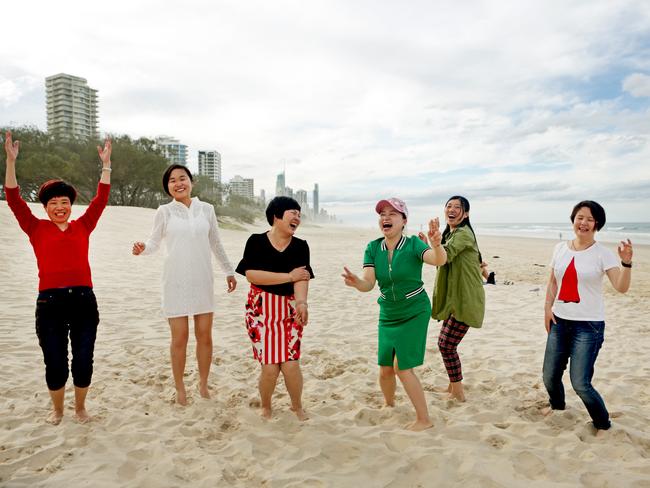
Specialist tour operator Wendy Wu said the “unlimited growth potential” of the Chinese market had convinced her to apply for a licence to extend her business to Australia.
“China has the largest population in the world and the population’s growing richer, so of course you have an unlimited supply of Chinese tourists,” said Ms Wu.
“And Australia is very attractive because it’s clean, it’s healthy, it has wonderful weather, fresh air and sunshine.”
Ms Giuseppi said it was also encouraging to see the revival of Japanese inbound travel and a substantial renaissance in property investment.
“It is very positive to have both countries expressing such a high level of confidence in the Australian hotel and tourism sector,” she said.

